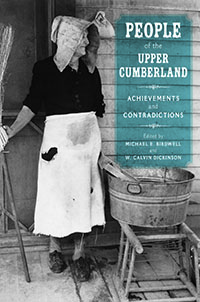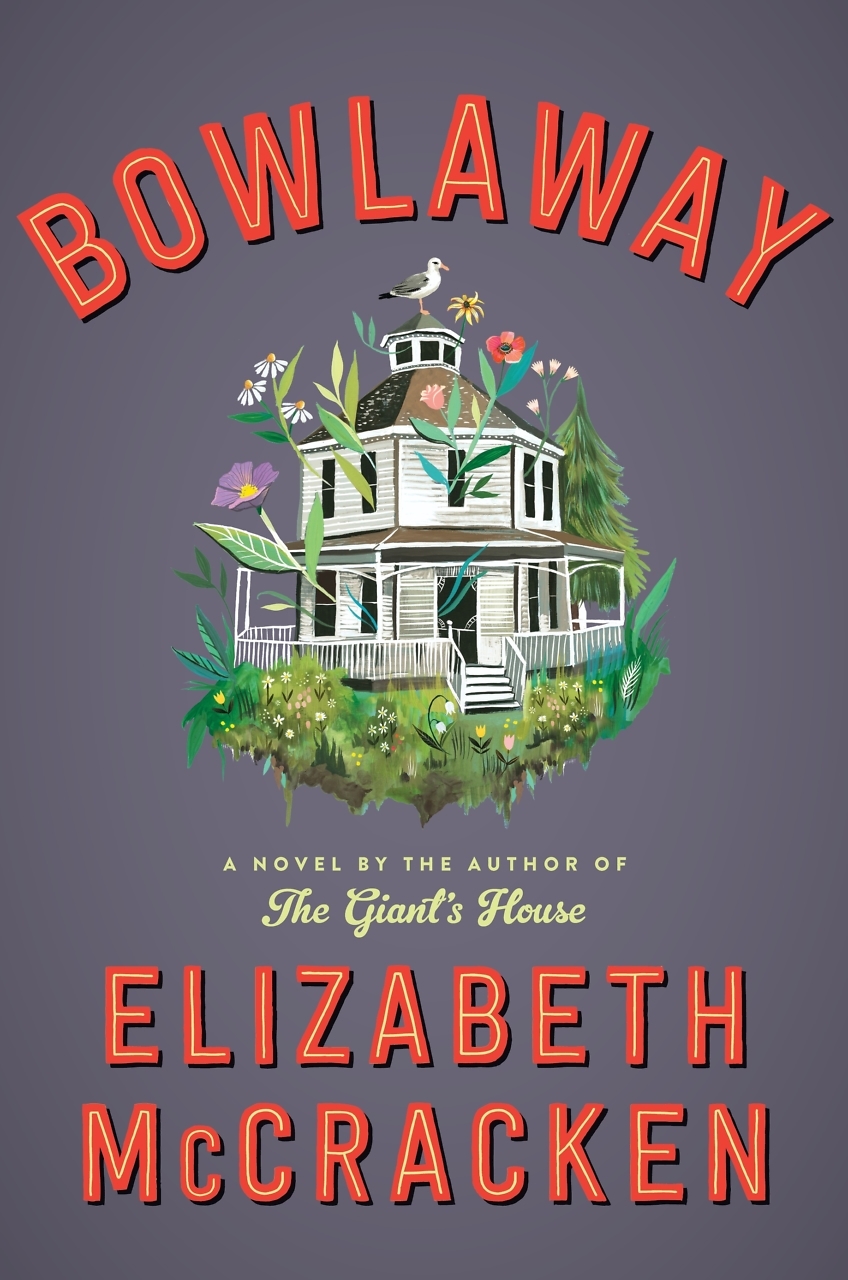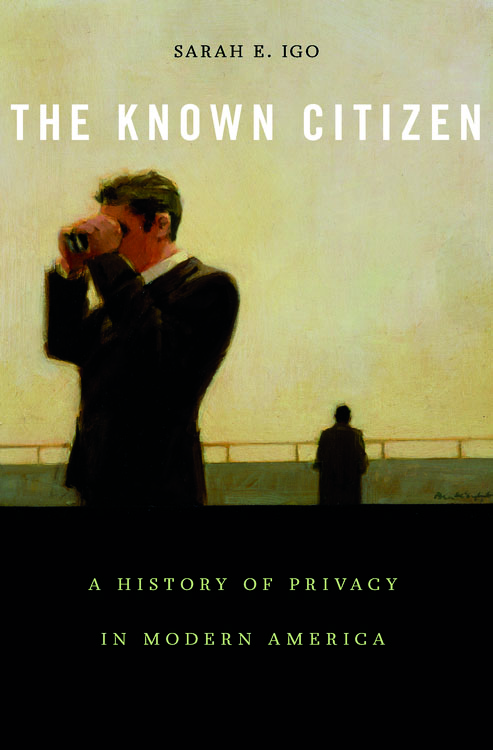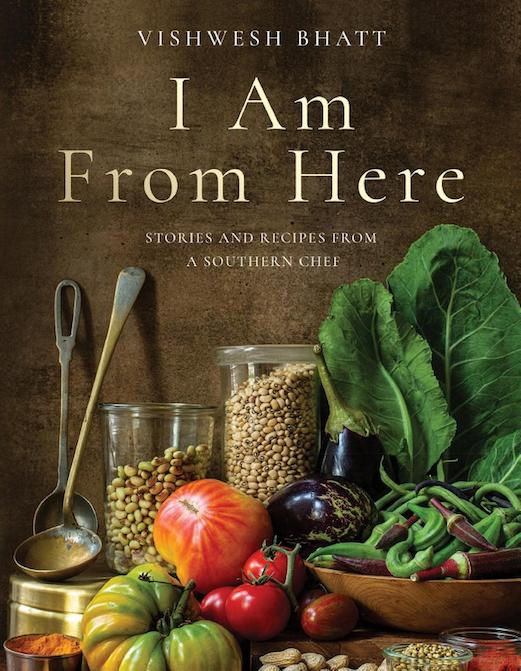Unsung Heroes of a Neglected Region
Michael E. Birdwell and W. Calvin Dickinson have collected fifteen essays on the history of the Upper Cumberland
In People of the Upper Cumberland, Michael E. Birdwell and W. Calvin Dickinson, history professors at Tennessee Technological University, have collected fifteen scholarly essays on the social history of the fuzzily-defined Upper Cumberland region. Part of Southern Appalachia, the region consists primarily of the Tennessee and Kentucky counties that are drained by the eastern half of the Cumberland River. Mountainous and inaccessible, the area was largely isolated until after the Civil War, which ripped it apart. People of the Upper Cumberland examines the lives and cultural background of the men and women whose remarkable “achievements and contradictions,” as the book’s subtitle puts it, deserve more notice than scholars have given them.
Birdwell and Dickinson’s introduction, along with the first group of essays, provides a regional overview, beginning with the Native Americans. The area’s later inhabitants had hard and insecure lives in what became small-farm country: in many places the land was steep, the soil poor, and work never-ending. Roads, too, were primitive—the Cumberland and its tributaries provided the main possibility of transportation. After the war, violence kept the region in turmoil for decades, as well.
 Subsequent essays in the book focus on people in professions—politicians, lawyers, doctors—as well as race relations. Some Upper Cumberland celebrities started with very little: John Catron, for example, had little opportunity for education but rose out of the region’s relative backwardness to the U.S. Supreme Court by diligence and force of character. Catron handed down forward-looking judgments on slavery and a woman’s rights to hold property. In politics and legislation, few could match Joe L. Evins’s distinguished thirty-year career in the U.S. House of Representatives. A dedicated Democrat, he was pragmatic—conservative or liberal depending on the issues. Cordell Hull, the most famous son of the Upper Cumberland, became the long-time Secretary of State under Franklin Roosevelt after many years in politics and law. By his time (1871-1955), the Upper Cumberland had joined the mainstream of American culture.
Subsequent essays in the book focus on people in professions—politicians, lawyers, doctors—as well as race relations. Some Upper Cumberland celebrities started with very little: John Catron, for example, had little opportunity for education but rose out of the region’s relative backwardness to the U.S. Supreme Court by diligence and force of character. Catron handed down forward-looking judgments on slavery and a woman’s rights to hold property. In politics and legislation, few could match Joe L. Evins’s distinguished thirty-year career in the U.S. House of Representatives. A dedicated Democrat, he was pragmatic—conservative or liberal depending on the issues. Cordell Hull, the most famous son of the Upper Cumberland, became the long-time Secretary of State under Franklin Roosevelt after many years in politics and law. By his time (1871-1955), the Upper Cumberland had joined the mainstream of American culture.
Some of the characters in People of the Upper Cumberland are notable for less positive reasons. Troy Smith’s essay on Champ Ferguson, for example, highlights a violent and unrepentant Confederate operating outside of military discipline; the kinds of legends that grew up around him emerged again in twentieth-century literature and film. Still others were caught outside the law by circumstance: Michael Birdwell’s essay on legendary moonshiners and the role of moonshine in the economic, social, and political life of the Upper Cumberland corrects popular stereotypes and misconceptions.
In Opless Walker’s essay, folk medicine takes on some stature. Some herbal remedies worked empirically, though others were based on nothing remotely scientific. Some examples Walker includes: “Putting a lock of the sufferer’s hair in a hole in a tree cured asthma. To rid a foot from a troublesome corn, ‘cut it with a blade that has been used to shave the dead.’ Rubbing a goiter with a toad will make it disappear. Passing a baby over and under a mule nine times cured whooping cough.” More formal training became common by the late-nineteenth century, and physicians of the region began to organize. Calvin Dickinson’s essay on May Cravath highlights a prominent female doctor who was determined to improve public health in the region.
While African Americans were and are relatively few in the Upper Cumberland, pockets of extreme racism flourished. Some counties effectively banished all blacks. But there were also examples of gathering spots where peaceful interactions were the norm, as at the popular John’s Place on the west side of Cookeville. Laura Clemons’ lucid essay on composer Charles Faulkner Bryan’s early mentoring of the celebrated black baritone J. Robert Bradley is particularly poignant.
This is a scholarly and well-documented treatment of various aspects of regional history, readable because of its focus on interesting people. The book complements Birdwell and Dickinson’s 2004 essay collection, Rural Life and Culture of the Upper Cumberland, which covered art, literature, film, religion, and material culture.

Ralph Bowden, who holds a Ph.D. from the University of North Carolina, has worked as an electrical engineer, history professor, home builder, alternative-energy consultant, and technical writer. A former resident of both Knoxville and Chattanooga, he lives in Cookeville.


